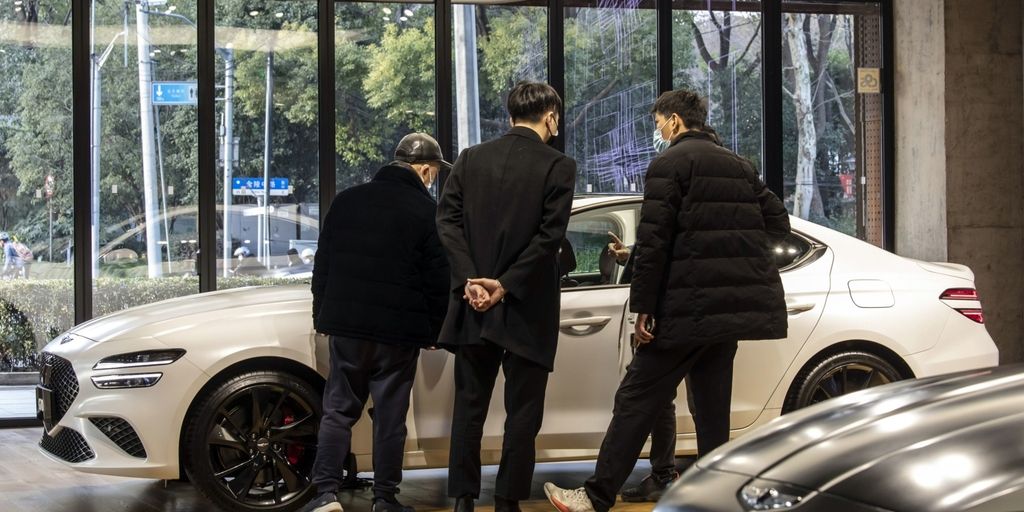Genesis Motor made its debut in China in April last year after entering North America, Australia and the Middle East.
“It is a tough market to enter but we can’t be a truly global brand without being in China, the most important market in the world,” Genesis China CEO Markus Henne said.
Car sales in China climbed 4.5 percent last year, rising for the first time since 2018 helped by demand for new-energy vehicles and premium automobiles.
Henne acknowledged the growing appetite for EVs in China but said Genesis believes traditional cars will remain a popular choice for the foreseeable future.
As a brand, Genesis, which launched in 2015, aims to market electric models starting in 2025.
Buyers have long shunned the automaker because of its fading brand recognition and political tensions — in 2017 there was a spat when South Korea added more launchers to the missile system in response to North Korea testing nuclear weapons.
Along with affiliate Kia, Hyundai only sold around 380,000 cars in China in 2021, even though Hyundai’s plants in the country have capacity of about 1.25 million.
“Hyundai is sandwiched between premium carmakers and local Chinese automakers,” said Moon Yong-Kwon, an analyst at Shinyoung Securities Co.
“A direct-to-consumer approach is definitely a good move when introducing a new brand as you’re less encumbered with existing franchise commitments,” said Bill Russo, the founder and CEO of Shanghai-based advisory firm Automobility Ltd.
